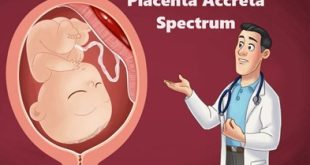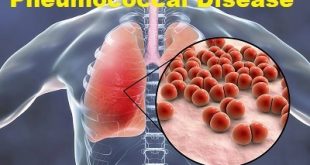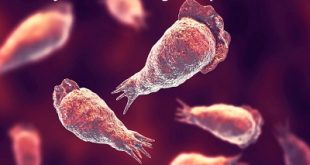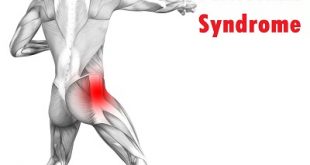What is Placenta Accreta Spectrum? Placenta Accreta Spectrum (PAS) refers to a group of obstetric complications involving abnormal attachment of the placenta to the uterine wall. The condition arises when the placenta invades and attaches itself too deeply into the uterine wall, making it difficult to separate during childbirth. PAS …
Read More »Pseudobulbar Affect (PBA) – Overview, Causes and Prevention
Overview Pseudobulbar affect (PBA), also known as emotional incontinence, is a neurological condition characterized by involuntary and uncontrollable episodes of laughing or crying that are exaggerated or unrelated to the person’s emotional state. People with PBA may find themselves laughing or crying suddenly and inappropriately, even when they do not …
Read More »Phlebitis – Types, Causes, Symptoms and Diagnosis
What is Phlebitis? Phlebitis, also known as vein inflammation, is a medical condition characterized by the inflammation of a superficial vein, typically close to the surface of the skin. This inflammation occurs when a blood clot forms within the affected vein, leading to swelling, pain, and redness in the area. …
Read More »Patellar Tendinitis – Types, Complications and Treatment
Definition Patellar tendinitis is an inflammation of the tendon that attaches the patella (kneecap) to the tibia (shin bone). The most common tendinitis about the knee is irritation of the patellar tendon. Commonly called “jumper’s knee”. This condition is commonly seen in people who play basketball, volleyball, distance running, long-jumping, …
Read More »Peritonsillar Abscess – Pathophysiology, Causes and Prevention
Definition Peritonsillar abscess, or Quinsy are typically a complication of tonsillitis. They most often are caused by “strep throat” bacteria (group A beta-hemolytic streptococci). The peritonsillar space lies between each tonsil and the wall of the throat. An infection can cause a pus-filled swelling (abscess) to develop in this space. …
Read More »Pneumococcal Disease – Introduction, Causes, and Treatment
What is Pneumococcal Disease? Pneumococcal disease is an infection caused by bacteria called Streptococcus pneumoniae (also known as pneumococcus). It’s contagious and may cause severe illness, so early diagnosis and treatment is important. Pneumococcal disease can affect many different systems in your body. It may result in conditions with mild symptoms like …
Read More »Primary Amoebic Meningoencephalitis (PAM) – Overview
What is primary amoebic meningoencephalitis? Primary amoebic meningoencephalitis (PAM), also called amoebic meningitis, is a serious illness. It causes inflammation of the brain. An amoeba (Naegleria fowleri) causes PAM. The amoebas live in warm, fresh water and soil. Infection often happens during water-based recreational activities. Although many people have contact with the …
Read More »Piriformis Syndrome – Types, Complications and Treatment
Definition Piriformis Syndrome is a disorder caused when the piriformis muscle compresses the sciatic nerve. The resulting pain, tingling, and numbness in the buttocks may be mistaken for sciatica, because the pain is along the path of the sciatic nerve. The piriformis muscle flexes with almost every motion of our …
Read More » Diseases Treatments Dictionary This is complete solution to read all diseases treatments Which covers Prevention, Causes, Symptoms, Medical Terms, Drugs, Prescription, Natural Remedies with cures and Treatments. Most of the common diseases were listed in names, split with categories.
Diseases Treatments Dictionary This is complete solution to read all diseases treatments Which covers Prevention, Causes, Symptoms, Medical Terms, Drugs, Prescription, Natural Remedies with cures and Treatments. Most of the common diseases were listed in names, split with categories.








